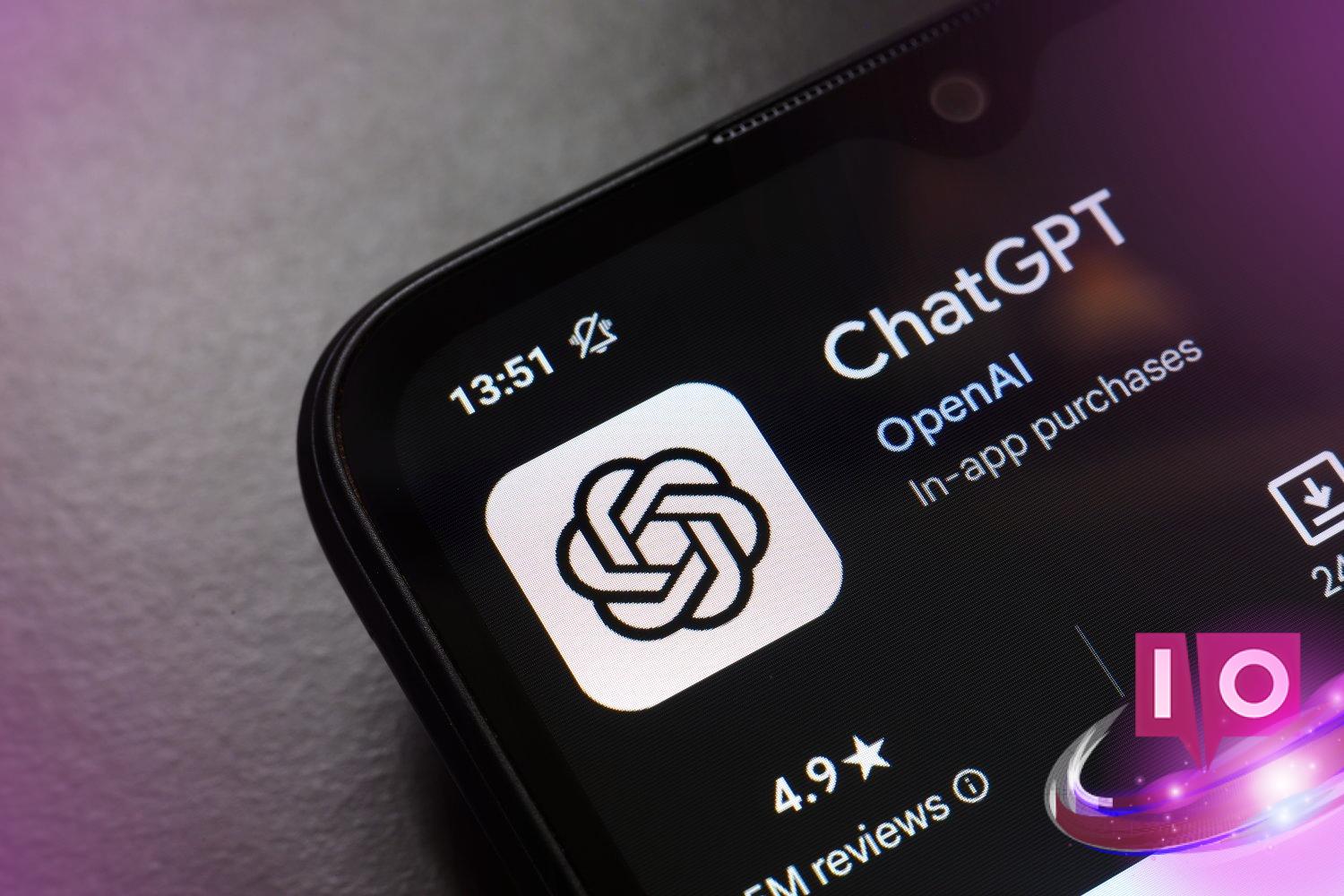In today’s educational landscape, the question of whether to use artificial intelligence (AI) in the classroom is at the forefront of discussions among students and educators alike. While debates over the benefits and drawbacks of tools like ChatGPT persist, a recent study involving economics students reveals some intriguing insights.
The University of Massachusetts Amherst conducted a noteworthy experiment comparing the effects of AI-assisted learning with traditional teaching methods in an advanced antitrust economics course. This study had the same lectures, assignments, and even paper-and-pencil exams across two sections. Surprisingly, while the structured use of generative AI didn’t improve test scores, it did enhance student engagement and confidence.
1. The Study’s Key Findings
The core takeaway from this research is clear: allowing students to use AI in their studies did not lead to higher proctored exam scores. However, the experience significantly influenced how students engaged with the material and their overall learning experience. As stated by the researchers in their published study, “permitting and scaffolding AI use did not raise proctored exam scores in this course. Yet the intervention meaningfully changed how students learned and how they felt about their learning.”
2. Enhancing Engagement and Participation
In one section of the course, students were encouraged to utilize generative AI tools like ChatGPT under guidance, while the other section received traditional study support without AI. The results indicated that those who used AI were more active in class discussions and participation. By the end of the semester, both groups reported similar AI usage across their other courses. However, students in the AI section tended to engage in longer, more meaningful sessions with the technology, ranging from 15 to 30 minutes.
3. Positive Learning Experiences
What’s fascinating is that students with access to AI tools reported more favorable perceptions regarding efficiency, confidence, and engagement. They expressed a stronger intent to continue utilizing AI in their studies and even pursue AI-related careers. Moreover, these students demonstrated traits associated with reflective learning, such as improving AI-generated texts and becoming more adept at choosing answers independently over AI suggestions.
4. Rethinking AI’s Role in Education
As Professor Christian Rojas, co-author of the study, stated, “It’s not that AI helped students learn more—it helped them learn more efficiently and confidently.” He noted that students spent less time on homework and exam preparation while still achieving the same exam results. This suggests that educators can indeed integrate AI into their teaching strategies without compromising the depth of learning.
5. What are the Implications for Future Research?
Although this study provides valuable insights, it’s essential to recognize that it involved a small sample size and involved self-reporting. Further research on a larger scale is necessary to explore the broader implications of AI integration in education.
So, is AI the best solution for every classroom scenario? Not necessarily. It can significantly enhance the learning experience and encourage student engagement without compromising academic integrity.
How does using AI impact student study habits? Research shows that students with access to AI tools tend to use them more effectively, leading to improved study habits and participation in class activities.
Are there risks in using AI in education? While AI can foster efficiency and engagement, educators must ensure it is integrated thoughtfully to prevent students from taking shortcuts in their learning.
Can AI improve student confidence? The study indicates that students feel more confident in their learning process when given the opportunity to use AI tools like ChatGPT.
What does the future hold for AI in education? As more educators explore the uses of AI, we can expect a shift in teaching paradigms that prioritizes efficient and confident learning experiences.
In conclusion, incorporating structured AI access in educational settings can reshape how students learn and perceive their learning journey, even without raising exam scores. So, if you’re keen on learning more about these fascinating insights, keep exploring related content at Moyens I/O.
